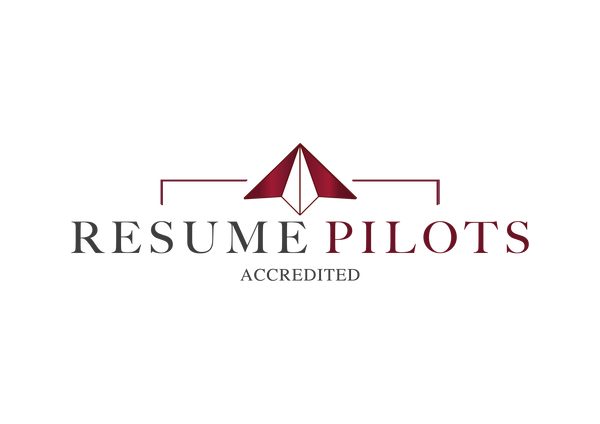
Easy Ways to Explain Gaps in Employment [Expert Advice]
How To Address Career Gaps on Your Resume and During Interviews
We’re led to believe that in order to climb the corporate ladder and succeed in our careers, we must continue to climb non-stop.
In America, ten vacation days a year is standard, and new mothers get only 12 weeks of maternity leave (versus 28 legally mandated holidays and up to 52 weeks of maternity leave in the UK).
Even so, CNN reported that fifty-five percent of American workers didn’t even manage to use all of their vacation days:
“A total of 768 million days went unused in 2018, a 9% increase from 2017. Of those, 236 million were completely forfeited, which comes out to $65.5 billion in lost benefit.”
While it’s considered okay to hop from one ladder (or company) directly to another, hopping off completely is said to be a no-no.
Need a break?
That’s the perfect time to pursue the MBA you’ve been putting off, they say!
But life happens:
- We get sick.
- We burn out.
- We need to care for an aging parent.
- We have kids.
- We decide to travel the world for a year.
- We pursue a personal venture that doesn’t quite go as planned.
- We need time off to simply reflect and decide what to do next.
And that’s okay. We’re human beings – not human doings. Recruiters understand.
Thankfully, many corporations are now starting to encourage increased work-life balance.
Organizations such as Arianna Huffington's Thrive Global are also raising awareness for mental health and well-being in the workplace.
Remember that progress doesn’t have to be linear, either.
Sometimes a step back into a more junior position can be exactly what you need to build long-term momentum and set you up for future success.
When you take some time out of the workforce, the best way to address a gap in employment on your resume is to simply be honest.
How to Address Career Gaps on Your Resume
Effective strategies we recommend include listing only your years of employment or volunteering and taking online courses to fill the gap.
1) List Only the Years You Held Each Position
If your gap is under one year, you may consider only listing the years you worked in each of your roles instead of both month and year.
This strategy can draw less attention to your time off.
However, note that most employers do want to see both the month and year, and this approach does go against standard resume writing convention.
If you only took a few months off between roles, you may be better off being transparent.
Even if you take this approach, the employment gap will likely come up at a later point in the interview or reference checking process.
2) Volunteer
You can replace your period of unemployment with a volunteer position you completed during that time.
This approach is effective because it demonstrates that you were being proactive during your time out of the workforce.
If you volunteered at a community organization, think about ways in which you went above and beyond the call of duty.
Did you leverage your professional experience to improve the organization's processes or to help someone grow in their career?
Such examples are worth mentioning on your resume!
3) Enroll in online courses or professional development
Alternatively, you may decide to take online courses that are relevant to your field.
You don't have to spend money on expensive programs, either!
Coursera and edX offer free options from the likes of Harvard, Stanford, and UPenn that will not only look good on a resume but will help you build practical skills that you can apply in your next role.
How NOT to Address Career Gaps on Your Resume
We don't recommend resorting to measures such as the following to cover up your career gap.
1) Do Not Falsify Dates of Employment
Avoid the temptation to drag out your dates of employment to cover up the gap.
If a recruiter calls your former employer for a reference, they may find out that you lied.
While this can seem like a harmless maneuver, it can very easily backfire, significantly harming your chances and damaging your reputation.
2) Do Not Use a Functional Resume
While functional resumes can also be an option, we do not recommend using this format.
Functional resumes are organized by skills instead of providing a reverse-chronological listing of work experience.
Recruiters generally expect to see a reverse-chronological outline, so you may hurt your chances by veering from the standard.
A standard reverse-chronological format will also help your resume pass initial ATS screenings.
How to Explain Employment Gaps During Interviews
Assume that your resume gap will come up in your interviews.
Make sure that you prepare a truthful, honest explanation for what you did during your time off:
- Raise your kids
- Travel
- Recover from an illness
- Reflect on the next step in your career
No matter what the reason for the gap, we encourage you to explain it from a positive angle.
Make sure to mention that despite having taken time from the workforce, you are now ready and excited to jump back into the workforce.
To find out more, visit our website www.resumepilots.com. If you have any further questions, you can either book a consultation call with one of our team, or get in touch via email on team@resumepilots.com

